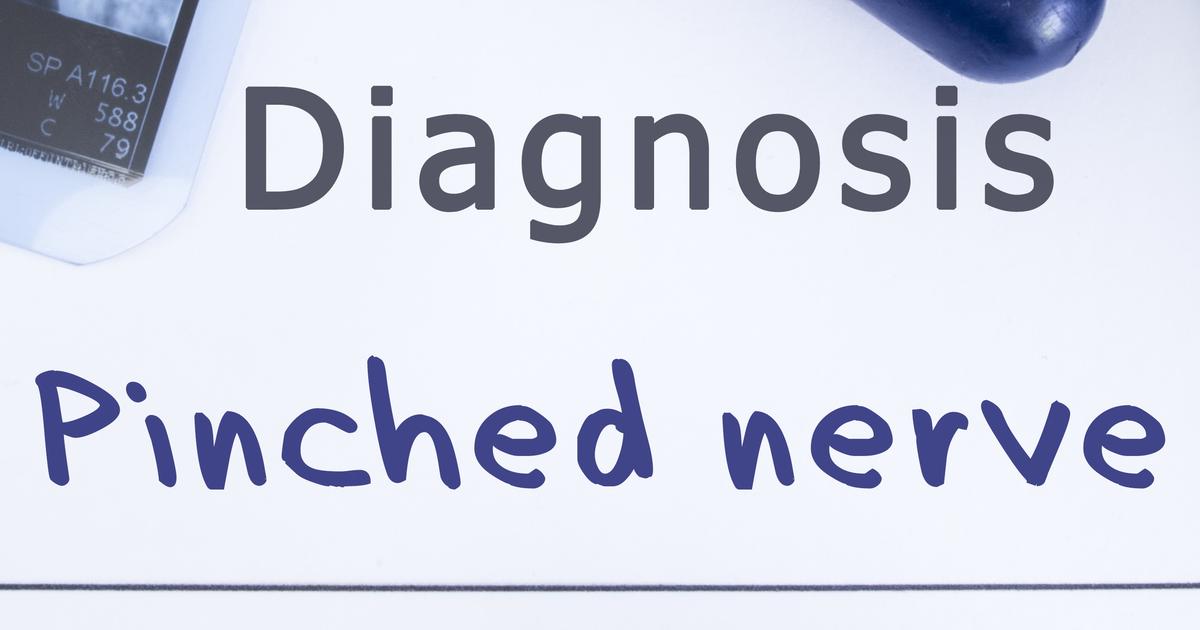Guide To The Causes Of Shoulder Pain
Pinched Nerve In The Neck Or Shoulder

Temporary shoulder pain may be caused by a pinched nerve in the neck or shoulder. Pinched neck nerves occur when nearby structures press against a nerve or irritate a nerve that flows from the neck to the shoulder. The pressure on the nerve causes pain signals to be sent to the brain. It is common for individuals with a pinched nerve to experience aching, throbbing, or stabbing pain in the shoulder. Depending on how seriously compressed the nerve is, patients may also experience some level of numbness in the hand and arm attached to the affected shoulder. The potential for this varies, since different nerves are responsible for carrying signals from different portions of the body.
If the pinched nerve is compressed severely enough for its signals to become interrupted or stopped altogether, it can lead to noticeable problems in the arm. Some pinched shoulder nerves are caused by acute injuries or slow bodily changes. The most common material pinching the shoulder is some kind of bone or disk protrusion from the spinal cord, but swollen muscle or tendon tissue is also possible.
Arthritis

There are many different kinds of arthritis, which is a condition involving damage to the joints, most of which have wildly different causes. In fact, more than one hundred unique types of arthritis have been identified. Not all types lead to shoulder pain, but shoulder pain from arthritis is fairly common. Pain in the shoulder is the first sign of arthritis for some individuals.
In older individuals, arthritis of the shoulder can sometimes occur when the cartilage in the joint begins to wear away, causing the bones to grind painfully against each other when the ball and socket joint move. Patients who have arthritis in their shoulder will often experience feelings of stiffness and a reduced overall range of motion in addition to the pain. Depending on the type of arthritis a patient has, their doctor may recommend medications, physical therapy, and lifestyle changes. If the damage to the joints is severe enough, patients may need to have surgery to repair the injury.
